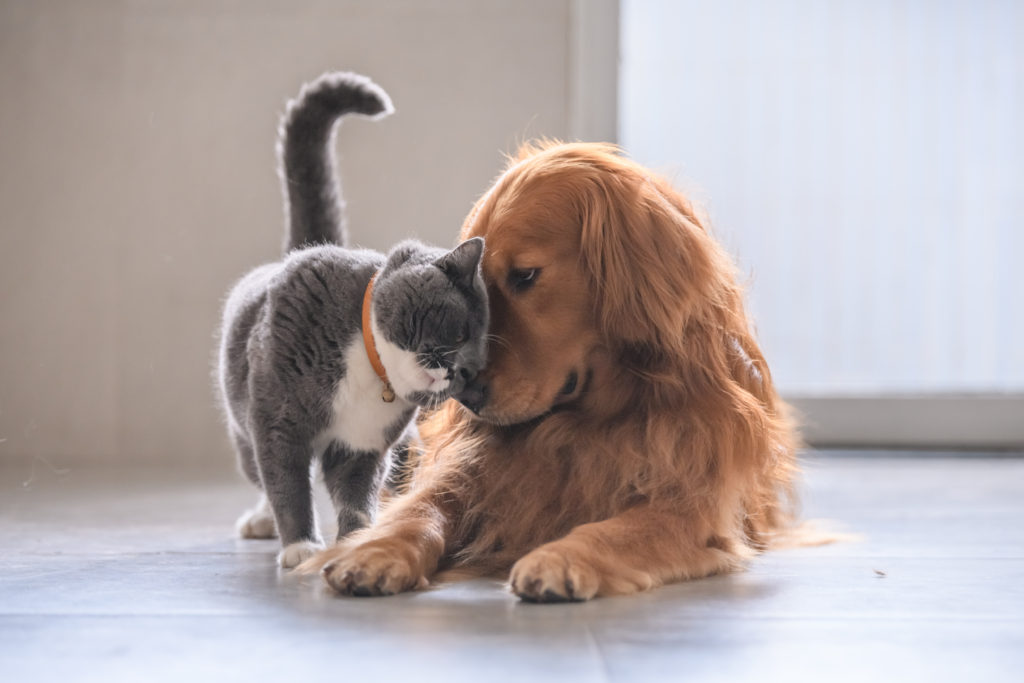October 13, 2022
The Asilomar Accords
In 2004, leaders in animal welfare came together to find common ground in what was a divided sector. Their meeting place was California, just outside the Asilomar State Park.
The results of this meeting were nothing short of amazing. Groups that were deeply divided and often mistrustful of one another created the groundbreaking Asilomar Accords, an agreement to, among other things find a way to report consistently on outcomes for sheltered animals in a community.
Asilomar reporting is now used by most larger shelters, including the Ottawa Humane Society. The data reports on the outcomes for sheltered animals, placing them into four groups:
- Healthy;
- Treatable/rehabilitatable;
- Treatable/manageable; and,
- Unhealthy/untreatable.
Healthy and unhealthy/untreatable are pretty straightforward. But what about the other two?
Asilomar defines treatable/rehabilitatable dogs and cats as not healthy, but are likely to become healthy if given medical, foster, behavioural, or other care similar to the care an owner or guardian in the community could reasonably provide. In other words, something we can “fix”.
Treatable-manageable is defined as dogs and cats who are not healthy and who are not likely to become healthy regardless of the care provided, but are likely to maintain a satisfactory quality of life with reasonable care. In other words, something we can’t “fix” but the pet can still have a good quality of life.
So, what does this all mean? The OHS and other organizations can report on outcomes in a more meaningful way. We can look at our results and improve them year over year. We know better how to invest scarce resources to maximize positive outcomes for the animals. Sometimes, we can shift the goal post, moving certain conditions from unhealthy/untreatable to another adoptable category — as we did with FIV and a few other conditions several years ago.
Animal sheltering is better for the Asilomar Accords. It’s better for those who report and plan and it’s much better for the animals.
Bruce Roney
President & CEO

